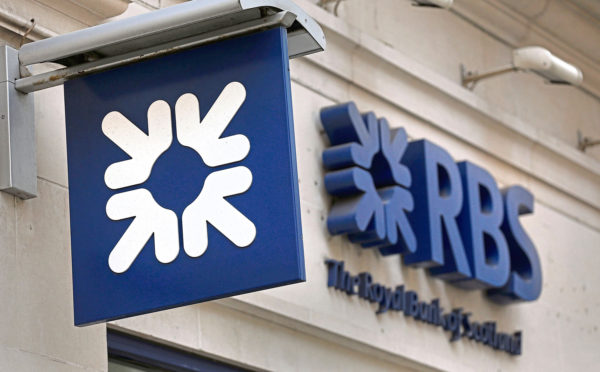NatWest Group, formerly the Royal Bank of Scotland, said it has taken a £2.1 billion hit from the impact of the coronavirus, worse than the most dire predictions by analysts.
The bank’s second quarter impairment charge was set aside to cover the bad debts that NatWest thinks might be on its books. It pushed the bank into a loss for the first half of the financial year.
Pre-tax loss was £770 million, a swing from a £2.7bn profit in the same period a year earlier.
An average of analysts’ predictions, compiled by the bank, had forecast that NatWest would reveal a £943m hit. Even the most pessimistic analyst did not think the impairment would reach more than around £1.5bn.
Chief executive Alison Rose said: “Our performance in the first half of the year has been significantly impacted by the challenges and uncertainty our economy continues to face as a result of Covid-19.
“However, NatWest Group has a robust capital position, underpinned by a resilient, capital-generative and well-diversified business.”
Banks have been at the centre of the government’s efforts to fight the coronavirus.
As the pandemic spread, the Treasury announced it would back what turned out to be millions of loans provided through the high street lenders.
So far, NatWest has lent £5.8bn through the bounce back scheme and £2.3bn in coronavirus business interruption loans (CBILS).
Ms Rose added: “Throughout this crisis we have provided exceptional levels of support to our customers, colleagues and the communities we serve. I am proud that our colleagues have consistently shown they are putting our purpose at the heart of everything they do.
“Through our strong balance sheet and prudent approach to risk, we are well placed not only to withstand Covid-19-related impacts but also to provide the right support to those who will need it most in the tough times to come.
“Our purposeful strategy will help our customers, colleagues and communities to recover, rebuild and, ultimately, to thrive. We are building a sustainable business that will generate lasting value for all our stakeholders, as we work together to create a greener, fairer and more inclusive economy.”
